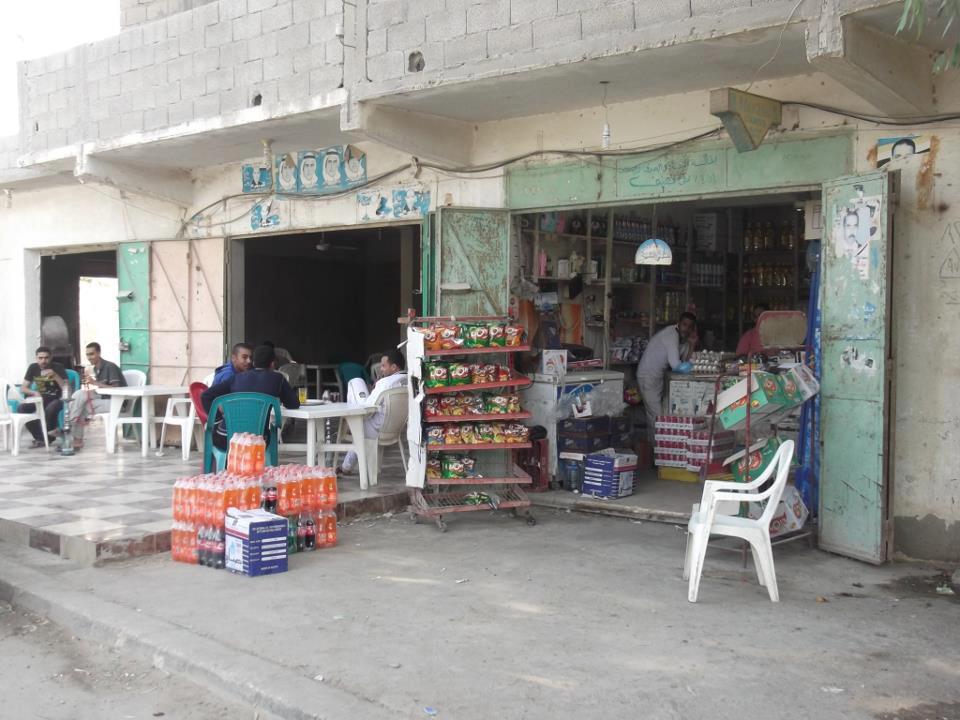LONDON: In the midst of European antipathy regarding Turkish accession to the EU, Turkey is attempting to chart an alternative path to secular democracy and economic prosperity. Yet Turkey should go one step further and question the unbridled axiom that, without Europe, it is destined to the scrapheap of Muslim radicalization or unrepentant nationalism.
Since the end of the Ottoman Empire, the conventional wisdom that Europe is Turkey’s ultimate savior implies that Turkey is unable or unwilling to become a liberal democracy absent of external agency. This fallacy is not rooted in cultural or political realities, but is an accident of history.
While the European Union accession process is comatose, Turkish society is undergoing a transformation to greater democracy, secularism and socio-economic rejuvenation. Surveys indicate that Turks favor a more spiritual vision of Islam, greater public accountability of government officials and state institutions, and a deeper engagement with the global economy. Not dissimilar to Western democracies, the population wants civilian authorities to deliver employment opportunities, high quality education and a world-class healthcare system. The ideological battles of yesteryear attract scant attention at best.
India’s economic success offers a sobering challenge to the belief that a Turkey unaffiliated with Europe is doomed to eternal stagnation. Only three decades ago, it was fashionable to envision India as an economic basket case condemned to low annual growth rates. Hindu culture was falsely seen as antithetical to economic growth, in sharp contrast to the galloping economic expansion of non-Hindu Southeast Asia.
Replace Hinduism with Islam and Turkey finds itself in a similar position to India. Culturally, the unspoken assumption goes, Turkey does not have the wherewithal to resolve the Kurdish problem, embrace a new civilian and democratic constitution, solidify secularism among a Muslim-majority populace nor accept social freedom as a bedrock of society. Yet, this viewpoint betrays the achievements of nation-building after only 87 years of Turkey’s existence, a mere drop in the ocean of history.
In fact, unlike the Balkans, Turkey has largely succeeded in integrating a diverse group of ethnicities after the disintegration of former Ottoman glory. It is also establishing a functioning legal system, entrenching quasi-secular and democratic traditions, and forging a class of entrepreneurs who are making waves in markets in Europe, Middle East, Russia, Central Asia and Africa in the areas of construction, agriculture and textiles.
This in no way suggests that Turkey does not face major challenges. It surely does. To start with, Turkey has failed to adequately address the disenchantment of a significant segment of its Kurdish population over cultural rights and poverty. Its winner-take-all politics, which is dismissive of minority views; reactive nationalist sentiments; mistrust of non-Muslims; and enduring obsession with social control at the level of the ruling elite are at variance with a diversifying and modernizing Turkey.
In other words, Turkey’s society and business community are uncharacteristically steaming ahead of its politicians in terms of adopting modern political and social values. Urbanization, economic globalization and democratic progress are changing societal outlook and traditions.
Despite its forward, albeit sometimes halting dynamism, Turkey is still categorized as a conflict-ridden country — whether between Turks and Kurds, Islam and secularism, or East and West. Witness the raging debates over Turkey’s alleged abandonment of Western alliances in favor of an Eastern orientation. These debates ignore public opinion, which surveys suggest prefers international cooperation with Europe, and particularly Germany, rather than with Saudi Arabia, Iran or Russia. So, there is little risk of an Eastward-looking or a religiously politicized Turkey in the absence of a credible EU accession process.
Europe is committing a major error in casting Turkey aside. Turkey stands out as a real beacon of hope and inspiration to many countries, both Muslim and non-Muslim, fashioning a future relying on its own wits. For Turkey, however, a reduced dependency on the European Union will finally debunk the myth that only Europe can spur the liberalization of Turkey and, by extension, of the Arab countries of the Middle East.
Fadi Hakura is a specialist on Turkey at Chatham House and a United Nations Global Expert (www.globalexpertfinder.org). This article was written for the Common Ground News Service (CGNews).

